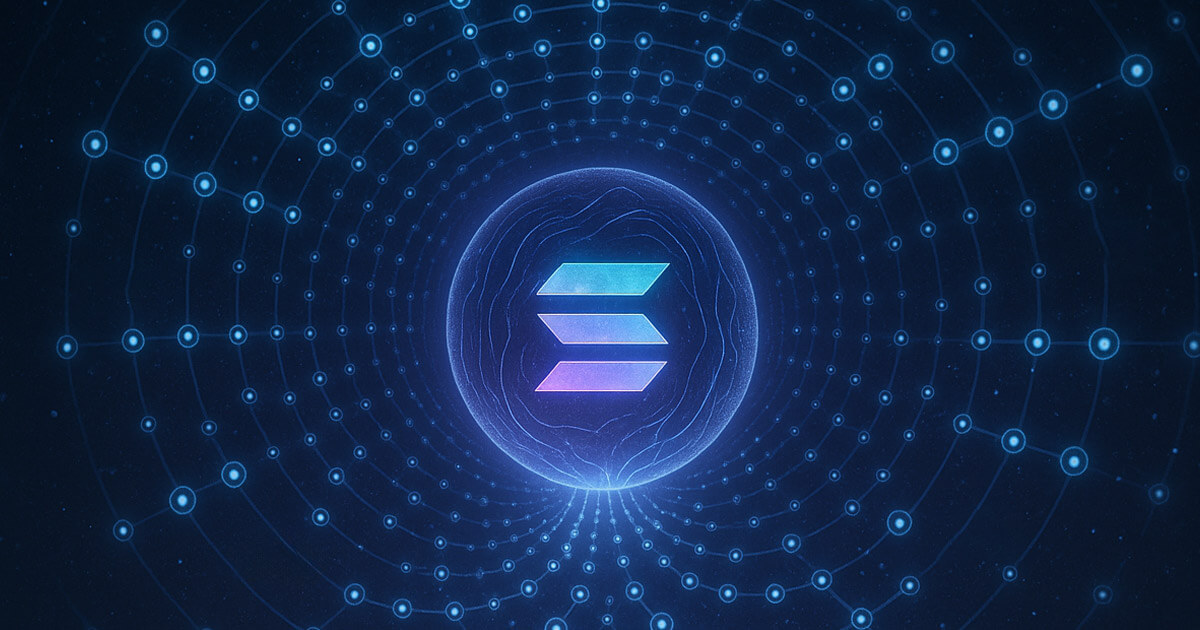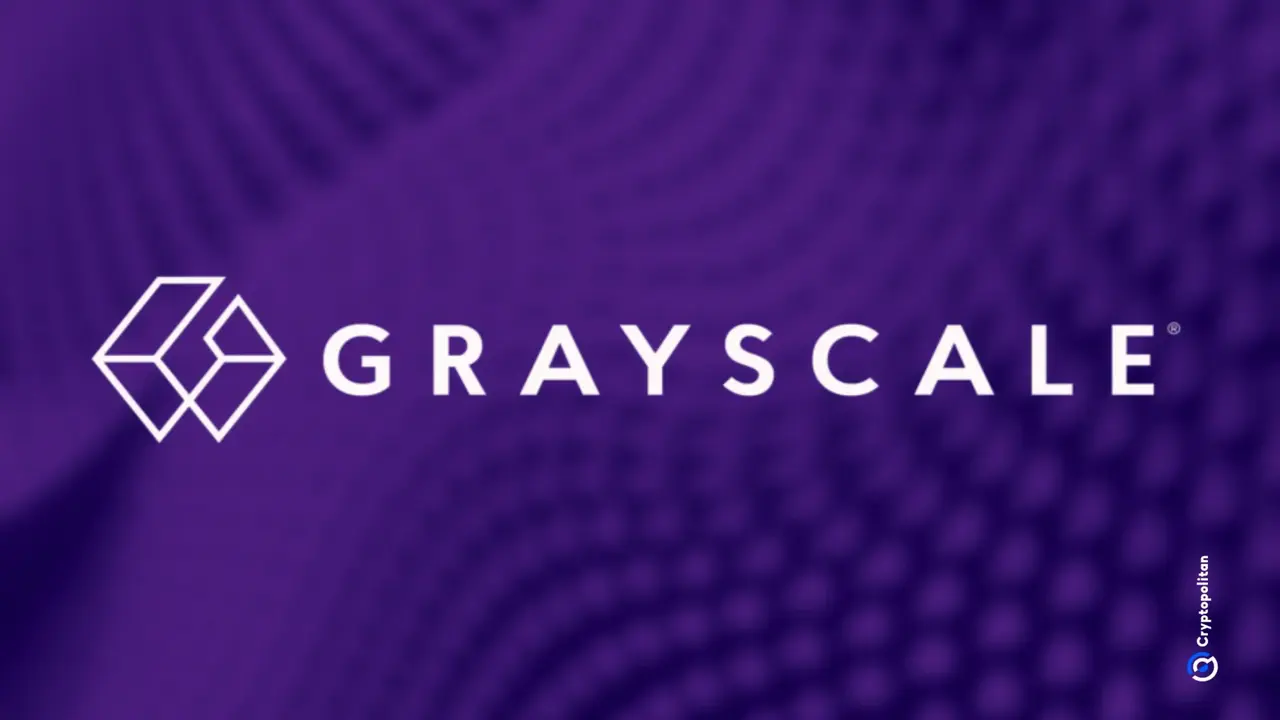

The coalition led by the Solana Policy Institute, decentralized Exchange Orca and registered investment advisor Superstate has requested the U.S. Securities and Exchange Commission (SEC) to launch a pilot program for the issuance of securities and secondary trading on public blockchains.
April 30th Submit The SEC proposes granting exempt relief to promote a project named “Project Open” under the existing regulatory framework.
This initiative allows US entities to issue securities on public blockchain networks and allow investors to trade those securities through compliant interfaces. ORCA will serve as a venue for secondary transactions.
“We’re looking forward to seeing you in the future,” said Miller Whitehouse-Levine, CEO of Solana Policy Institute.
“Project Open is an embodying American advances in financial innovation. Our goal is to work constructively with SEC and industry partners to create internet capital markets, making all capital markets more efficient, accessible and transparent.”
Superstate issues securities and Solana Policy Institute coordinates technical and regulatory involvement.
The filing is configured as a time-limited pilot based on SEC rules 5B-3 and 15C3-3, and calls for regulatory relief to design and operate a market structure compatible with existing investor protection regulations, while utilizing the payment layer of the blockchain.
Sponsors aim to demonstrate that publicly accessible blockchains can support transparent and compliant markets of traditional securities.
Open the project
This proposal allows token issuance to represent securities on public blockchains such as Solana (SOL), enabling programmable compliance capabilities and payment mechanisms.
Beneficial investors are available to eligible investors via an interface governed by customer clients (KYC) and Money Laundering Anti-Money Laundering (AML) requirements.
ORCA offers liquidity venue and price discoveries, but Superstate, which already operates under the SEC registered investment advisor (RIA) structure, acts as the issuer. The pilot proposes measured scopes and targets transaction volumes with limited asset types and caps.
It seeks to assess the feasibility of public blockchain infrastructure as an alternative to existing clearing and payment systems such as DTCC, focusing on regulatory auditability, transparency and operational resilience.
The Union is seeking no action relief or exemption orders from the SEC’s trading and market and investment management department.
The petition also outlines a legal argument that argues that pilots remain within the scope of the Investment Companies Act and Exchange Act, taking into account their narrow structure and monitoring capabilities.
Regulation involvement in the evolution of the market
This filing arrives when the SEC is increasing its involvement with tokenization and blockchain-based infrastructure.
Project Open Open explicitly calls for the use of public decentralized blockchain infrastructure. The sponsors argue that public chains provide verifiable audit trajectories, open access to market data, and lower barriers to issuer and intermediary entries, in line with the SEC’s long-term goals for transparency and investor protection.
The pilot also provides empirical data on investor behavior, system performance, and compliance monitoring in a blockchain native environment that informs future policymaking.
This filing includes technical documentation detailing the encryption payment model, token standards, and access controls, supporting supervision visibility and enforcing compliance.
The SEC has not issued a formal response and there is no current timeline for decisions.
If approved, the Project Open Pilot represents one of the first SEC authorization efforts to directly operate securities transactions on the public blockchain with registered asset managers, representing a decentralized exchange as a counterparty.








